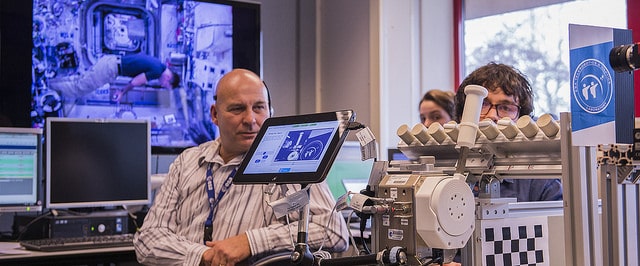Should robots be taxed the same as humans?
We all know how much technology has advanced over the last few decades at a rapid pace that even the fastest man on the planet Usain bolt cannot match! It’s sometimes hard to believe that 10 years ago the majority of us needed to physically go into a shop to purchase mobile phone credit or have to go into a local bank branch to make a payment or transfer money between accounts, friends and family or even more painful sit on the phone for hours waiting to get through to an actual human being whilst listening to the entire Abba catalogue as hold music. Gone are the days of such hassles with features such as mobile banking on 4G networks and WIFI allowing us to perform the same activities we had to leave our warm and cosy homes during the winter mornings which could have taken us a few hours to actually achieve what we intended, to now being able to do the same within minutes and within the pleasure and comfort of our homes.
As much as this type of technological advancement has occurred as with most things in life there is a downside. Many industries have automated their processes and as a result have had benefits such as increased productivity and reduced costs to the expense of human workers. Some reports have even suggested that in the USA robots will eliminate 6% of all jobs by 2021.
With the likes of driverless cars likely to be in full force in the future eliminating jobs for the likes of taxi drivers, drones being tipped to be the new delivery guys and advancements in Artificial Intelligence (AI) software such as computer assisted translation services which will have an impact on the way a translation agency manages its translations, these examples although benefit companies highly pose problems for employees in these positions.
Now that we have discussed touched on the potential threats that technology advancement may have on humans a topic of debate is whether such technology should be taxed the same as humans? Well technically speaking if a robot is replacing a human being who is now unemployed as a result then realistically you would think that the “robot” or the company using the robot should pay some type of tax on that wouldn’t you? It all really depends on the point of view that you are looking at this from.
From a company’s point of view you are more than likely to disregard this notion completely as this will save you money and although some may argue that an increased productivity means more profits therefore more company tax paid, this is not always the case as there are several ways companies enable themselves to pay less taxes as any accountant would tell you. Even the richest man in the world Bill Gates recently stated that he believes robots that steal human jobs should pay taxes, although European Union lawmakers rejected such a proposal in the past.
What are your thoughts on the idea of robots being taxed the same as humans?
Image by: European Space Agency ESA–G. Porter | Flickr



